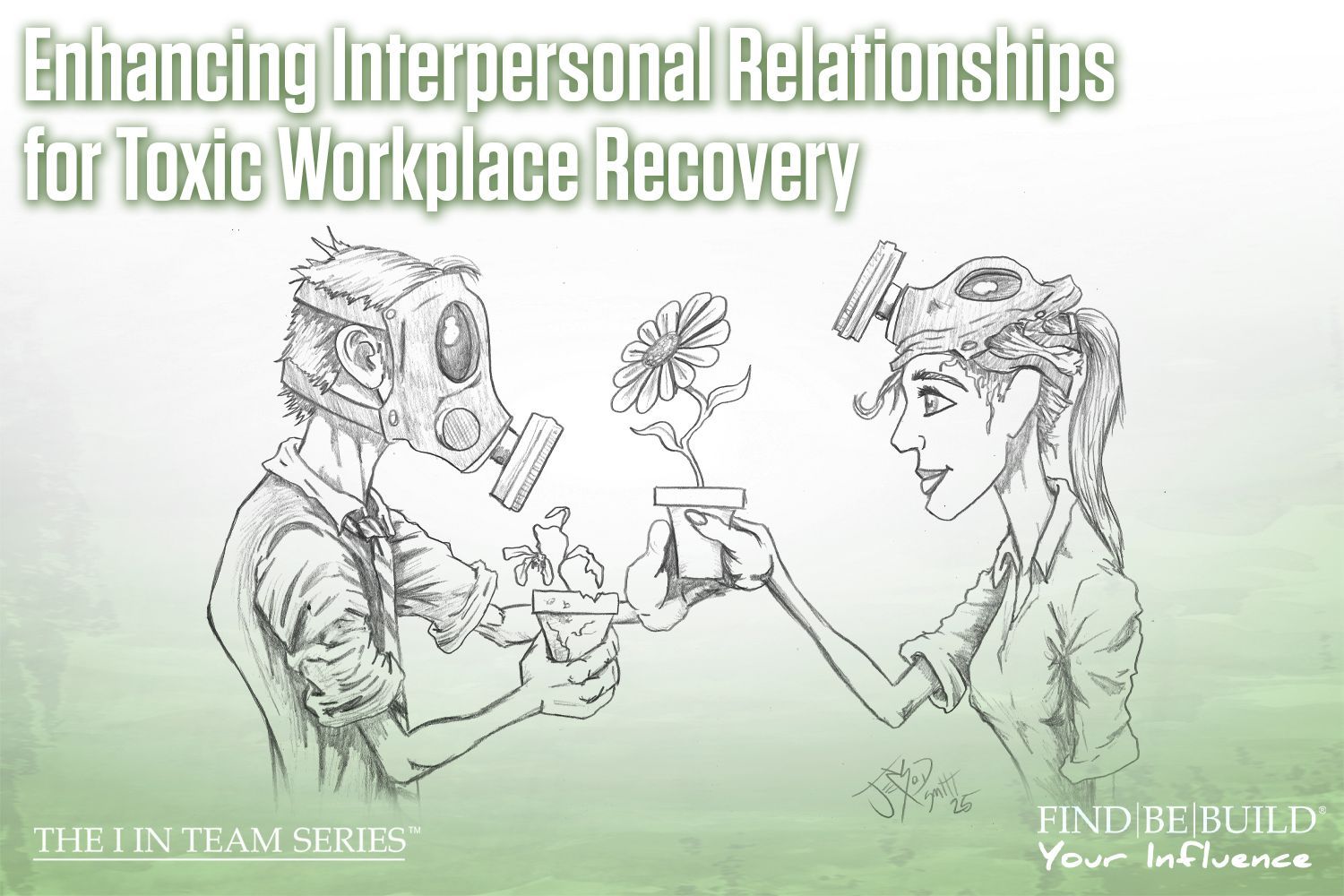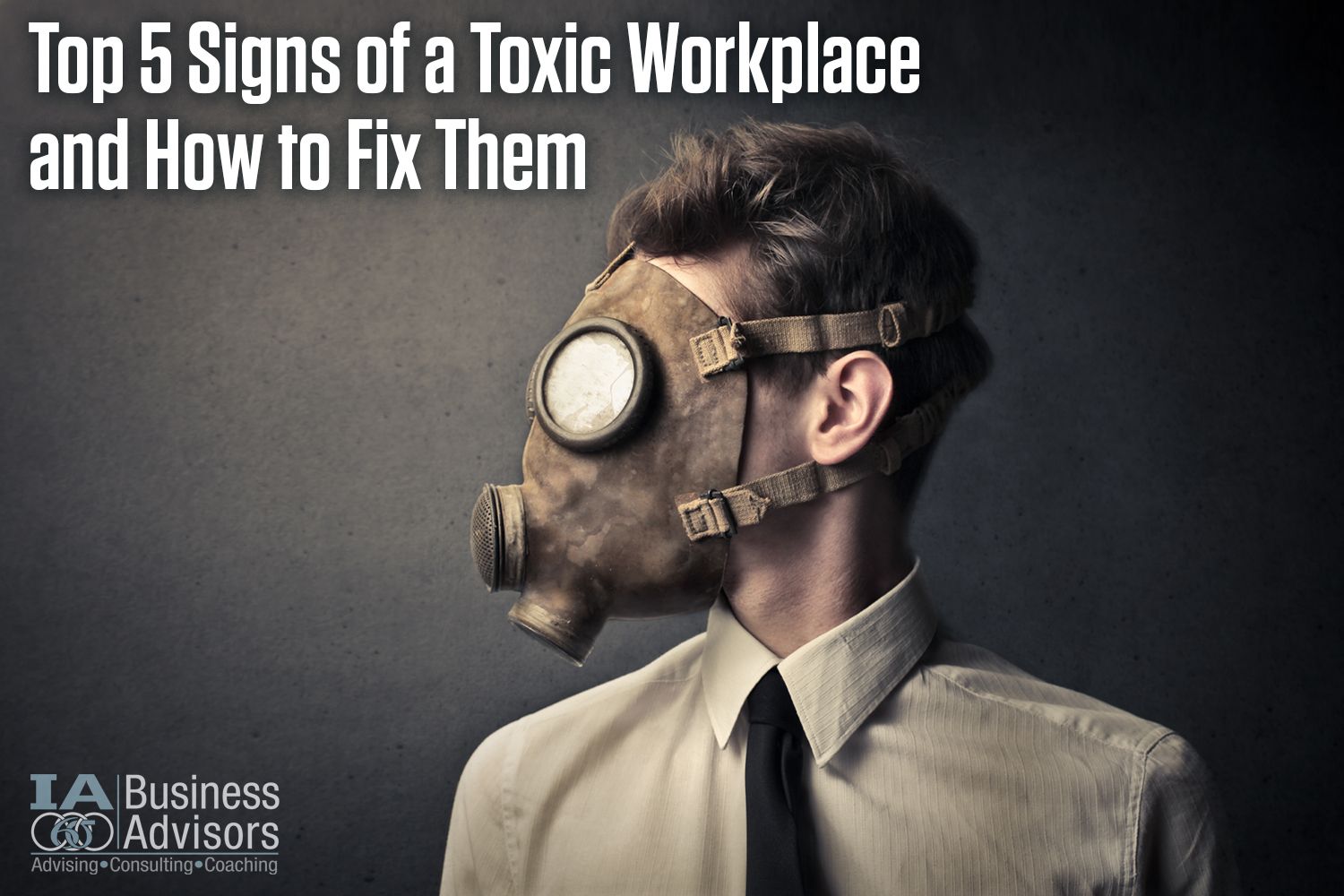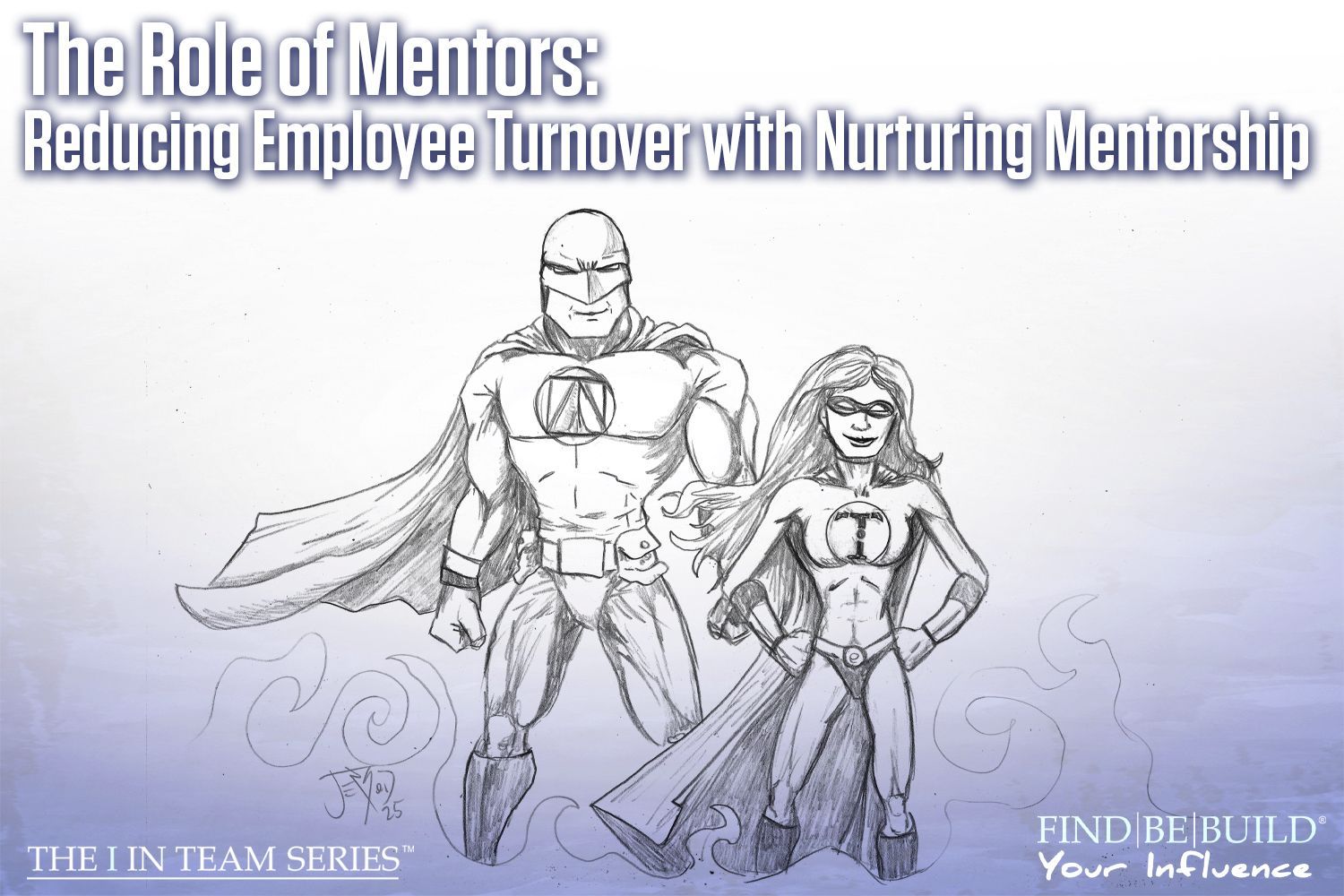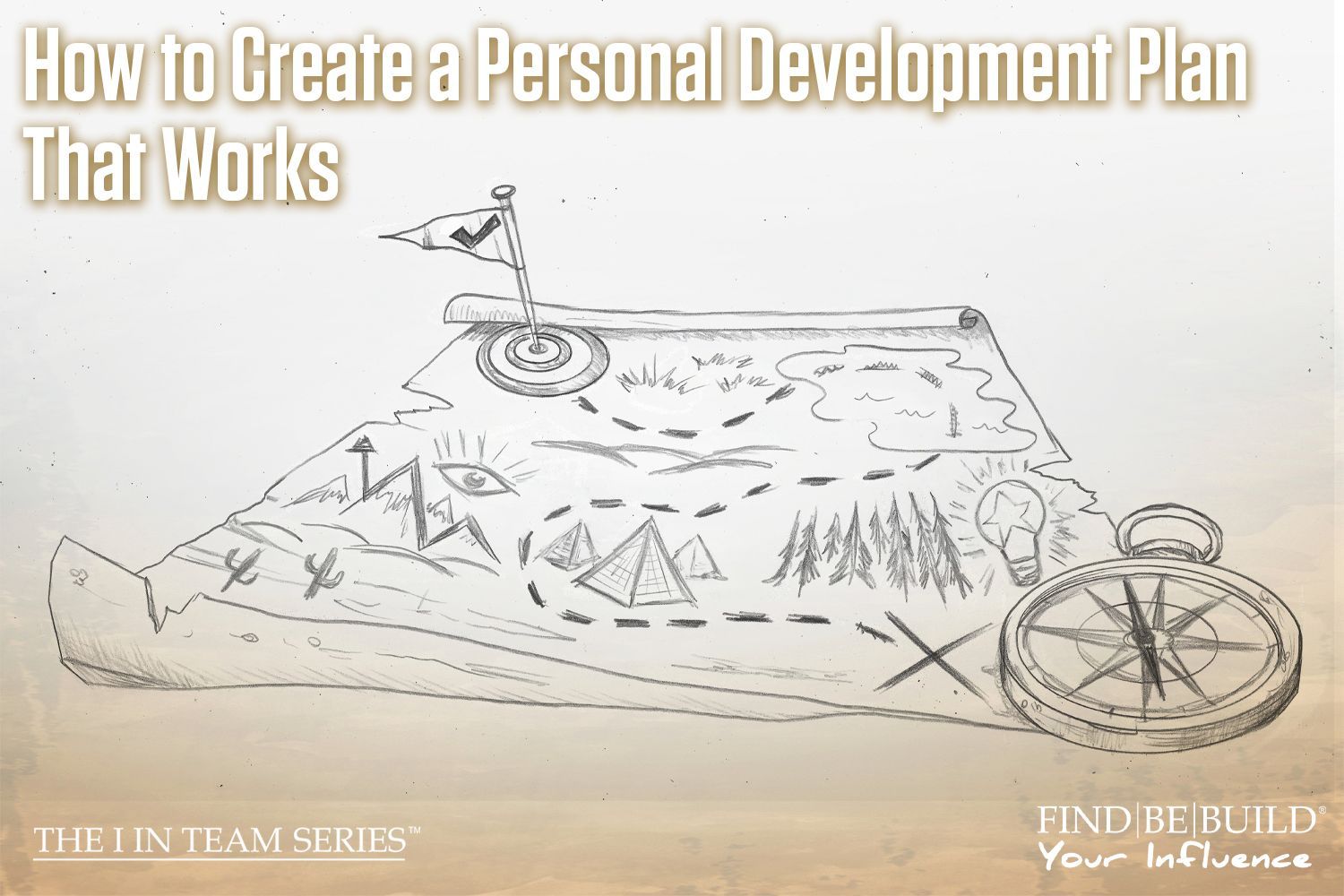4 Ways Small Business Owners Can Prioritize Their Mental Health
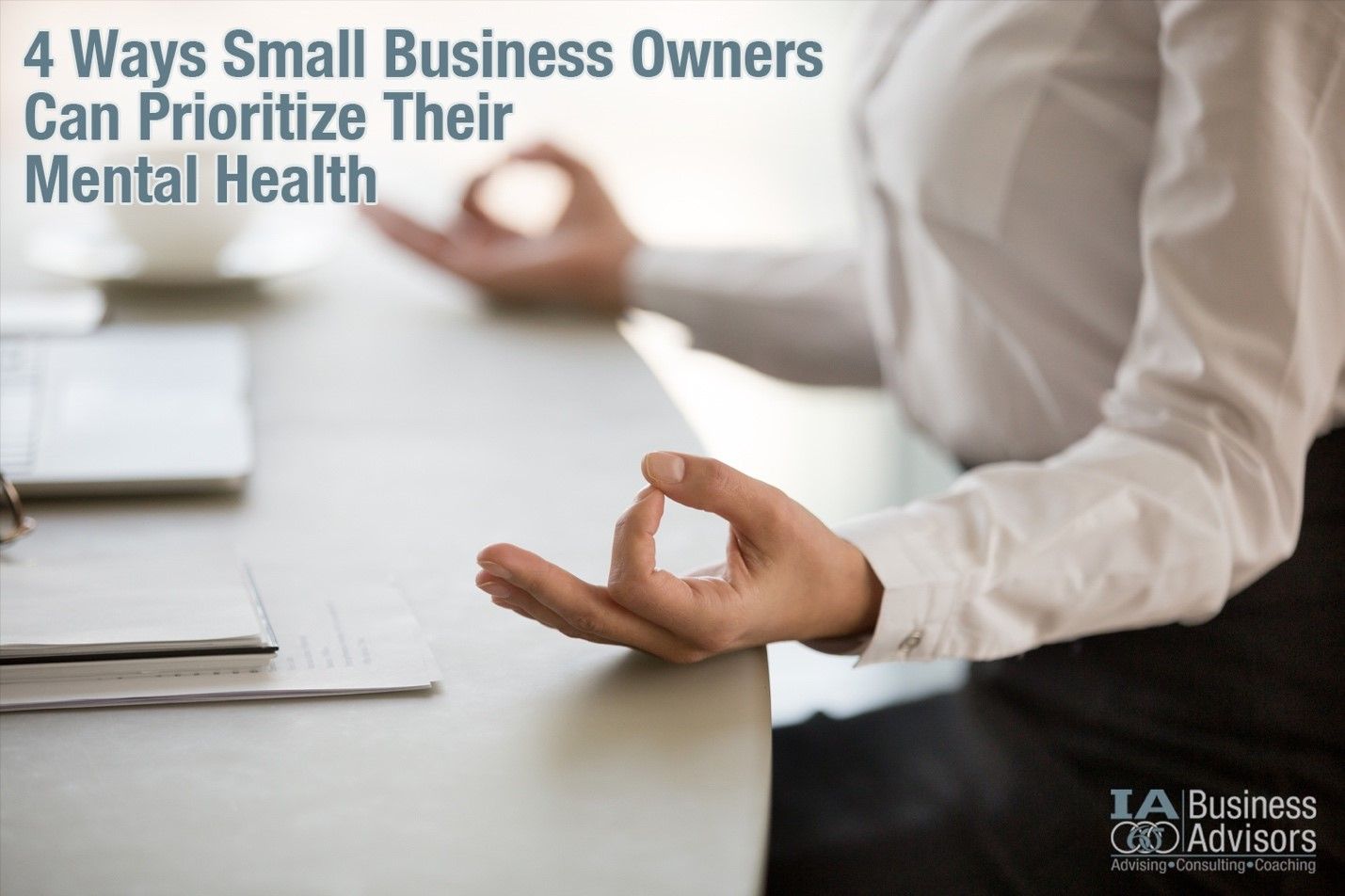
business consulting mental health
Small business owners face constant pressure to succeed and make their venture profitable. The constant stress can take a toll on their mental health. In fact, a Canadian study on mental health found that nearly two-thirds of business owners felt depressed at least once a week, and over half said that stress impacted their concentration at work. Those numbers are certainly higher in the United States, especially since the pandemic. These owners are so busy taking care of their business, their teams, and constantly putting out fires, that they forget to take care of themselves. The result can be burnout, poor decision-making, and a stressful work environment for everyone.
But there’s a way out. And it starts with learning to put the oxygen mask on yourself first. It requires the basic understanding that if you don’t take care of yourself, you can’t take care of others. Or your business.
May is Mental Health Awareness month. It is a great opportunity to re-evaluate our personal and work habits with a focus on improving our mental health. By making this a priority, not only will you, the business owner, reap the benefits, so too will your employees and family members.
Below is a list of four steps small business owners can take to improve their mental health. As you begin to adopt and prioritize these steps, the entire company will see its mental health and performance improve. So, let’s get to it:
Step 1 – Practice Self-Care
Self-care means taking time to do things that improve both your physical and mental well-being. By doing so, you can lower stress, reduce the chances of getting sick, and boost your energy levels. This is not a “go big or go home” strategy. Just doing a few of the following items can have a big impact:
- Eat healthy, regular meals and stay hydrated. A balanced diet and plenty of water can improve your energy and focus throughout the day.
- Make sleep a priority . Stick to a schedule, and make sure you’re getting enough sleep. Blue light from devices and screens can make it harder to fall asleep, so reduce blue light exposure from your phone or computer before bedtime.
- Find a relaxing activity. Meditation or stretching are great ways to relax and unwind. When it comes to meditating, don’t worry about “doing it right.” Rather, set aside 5-10 minutes to close your eyes and breathe. Over time, the noise will dissipate. Keep a notepad or journal handy if you want to capture ideas as they float up.
- Go for a walk. Getting outside and walking is a great way to both relax and let the creative side of your brain get in some reps.
- Add a hobby. Find an activity that you enjoy and allows you to unwind. Set aside at least 15-20 minutes each evening aiming for 3-5 times per week. Cooking, drawing, gardening, woodworking, or doing puzzles are all examples of great ways to disconnect from the stress of the day and recharge.
- Practice gratitude. Remind yourself daily of things you are grateful for. Be specific. Write them down at the same time each day, whether that is morning, noon, or night. Or, during moments of high stress, take a moment to refocus your thinking by reflecting on the things in your life that fill you with gratitude.
Self-care is different for everyone. Experiment. Try a few of the items on the list above and see what works. And remember, it’s not about perfection, it’s about progress. The key is being consistent and noticing the results. As you keep showing up each day, the muscle in your brain builds and the practice becomes a habit.
Step 2 – Create Work-Life Boundaries (and Actually Follow Them!)
It can be challenging to separate work from personal life when you’re a small business owner. When you don’t, you send mixed messages to your employees. If they see you working long hours and weekends, they may feel like they should do the same, which can lead to turnover and burnout.
Model the behavior you want others to follow. This also forces you to do the same:
- Set boundaries such as designated work hours and days off.
- Take regular breaks and communicate the importance of doing so to your team.
- When on vacation, avoid work unless it’s truly an emergency. This will force you to put systems in place and delegate to team members, thereby enabling you to unplug and recharge on vacation instead of stressing out over what could go wrong.
- If necessary, create policies around when to send emails, time off, and taking breaks.
By establishing and modeling the behavior you want others to follow, you provide greater clarity around what is expected and let employees know that you value their personal time. This will lead to greater collaboration, productivity, and improved mental health for the organization.
Step 3 – Exercise
The benefits of exercise are multifold. From helping regulate blood flow and body weight, to reducing the chances of getting sick, to improving mood and boosting energy. And the list goes on. Whether this entails going for a run, practicing yoga, or playing pickleball, nearly any form of exercise is important for your physical and mental health:
- Reduces Stress: Exercise is a natural stress reliever. When you exercise, your body releases tension and stress, which can help to reduce feelings of anxiety and depression. Physical activity can also help in lowering levels of the stress hormone, cortisol, which is associated with a range of health problems, including anxiety, depression, and weight gain.
- Improves Sleep Quality: Exercise can also improve the quality of your sleep. Regular exercise has been shown to reduce the amount of time it takes to fall asleep, increase the amount of time spent in deep sleep, and decrease the number of times you wake up during the night.
- Improves Cognitive Function: Exercise can improve cognitive function, including memory, attention, and processing speed.
Bottom line, exercise helps reduce stress and anxiety and it also promotes improved performance and productivity. Find time during the week to exercise regularly – even 15-20 minutes of intense exercise has been shown to be effective in generating these results. The Mayo Clinic recommends 150 minutes of moderate activity or 75 minutes of vigorous aerobic activity each week. I recommend going to bed earlier and waking up earlier to start adding this to your daily routine throughout the week and carving out time on the weekends for longer bursts.
Step 4 – Connect with Others
When we feel overwhelmed or stressed, our natural tendency is to isolate ourselves and double down on working. Unfortunately, the downside of this is higher levels of stress and the potential for more anxiety and depression. That is why it is vital for small business owners to cultivate a network of support outside of work. That could include having their own therapist or coach, or joining a group of peers such as Vistage , YPO , or a local group of business owners. In addition, making time to be with friends and family is critical.
- Social support: Connecting with others can provide emotional support during difficult times. Having a network of people who care about us can help us feel less alone, more supported, and more capable of dealing with stress.
- Sense of belonging: Human beings are social creatures and have an inherent need to belong. Connecting with others can help us feel a sense of community, acceptance, and belonging, which can boost our self-esteem and overall well-being.
- Increased opportunities for positive experiences: Spending time with others can create opportunities for positive experiences and enjoyable activities that can improve mood and reduce stress.
- Perspective and learning: Connecting with others can expose us to different perspectives and ways of thinking, which can help us learn and grow. This can improve mental health by helping us feel more engaged with others.
Being part of a group or working with a coach helps us to both be more connected and to seek new perspectives. When we isolate and throw ourselves into our work, our world gets myopic, and we lose the forest for the trees. Coaches can challenge this thinking and provide new insights and approaches. Peer groups provide a safe space to share personal and professional challenges and gain new perspectives.
As small business leaders, it’s essential that we recognize the importance of safeguarding our mental health. When we are stressed or anxious, we bring that energy to work, and it affects our entire team. Moreover, when we are stressed, we tend to be more reactive and make hasty decisions. Yet, when we put the oxygen mask on ourselves first, we actually improve our overall health and performance, and these positive effects can cascade through our company.
Each of us has our own way of dealing with uncertainty and stress. The important thing is that we become aware and experiment with different approaches for improving our own mental health. Remember, slow is smooth, and smooth is fast. Focusing on our mental health requires us to slow down. By making these investments in ourselves, the results will compound, allowing you and your organization to perform better, together.
If you’d like to learn more about our coaching services for you or your team, contact us today! (add contact link here – which one do we want to use?)
The post 4 Ways Small Business Owners Can Prioritize Their Mental Health appeared first on IA Business Advisors.


